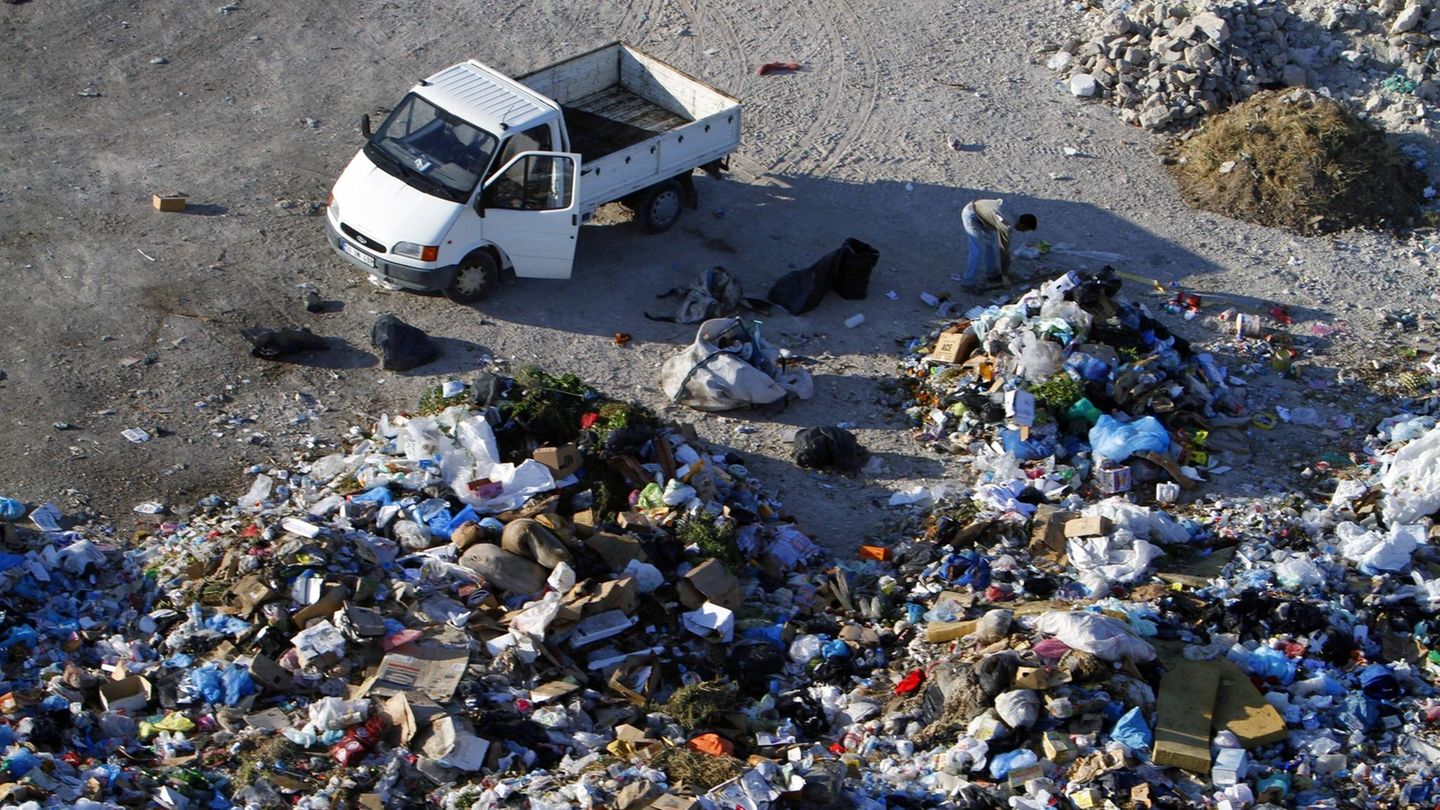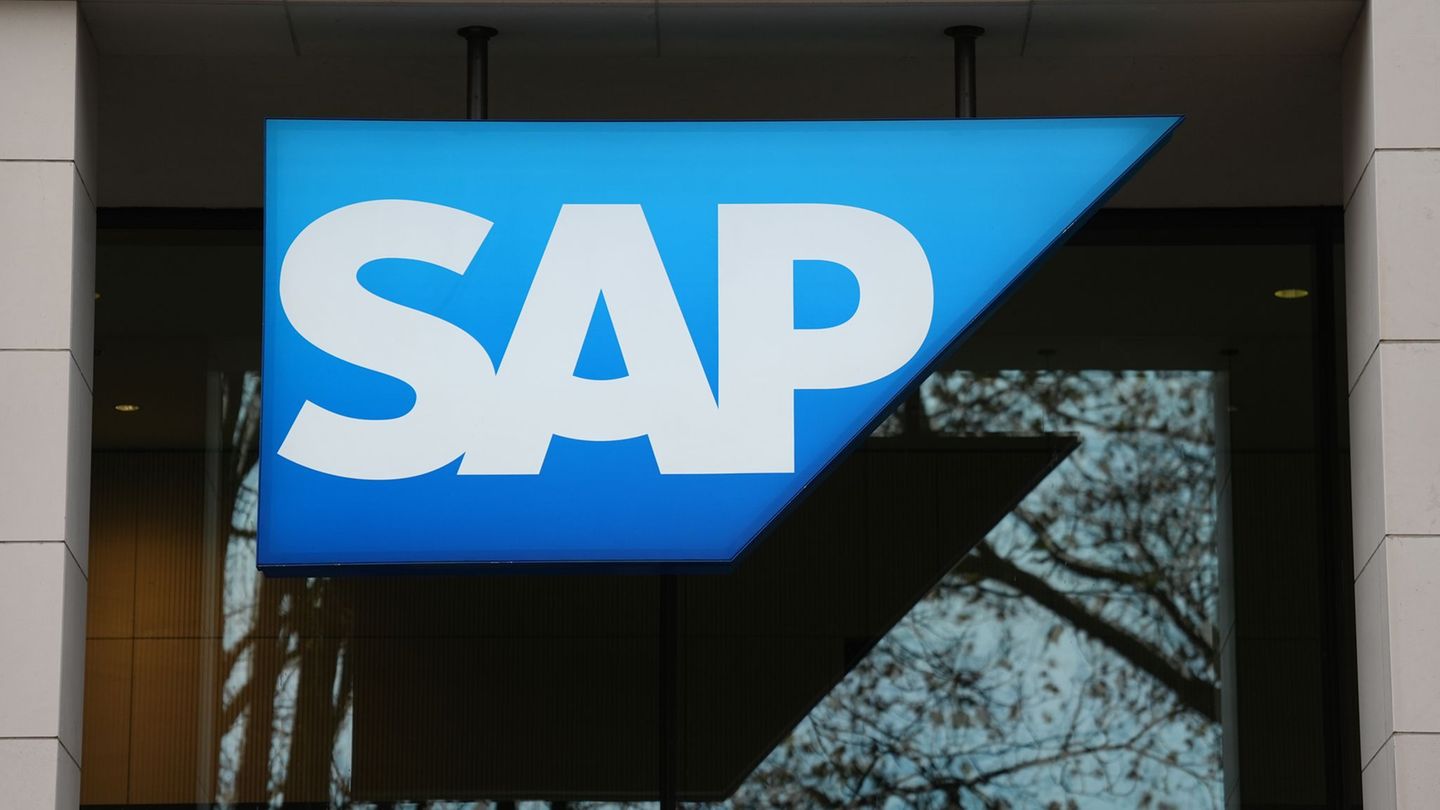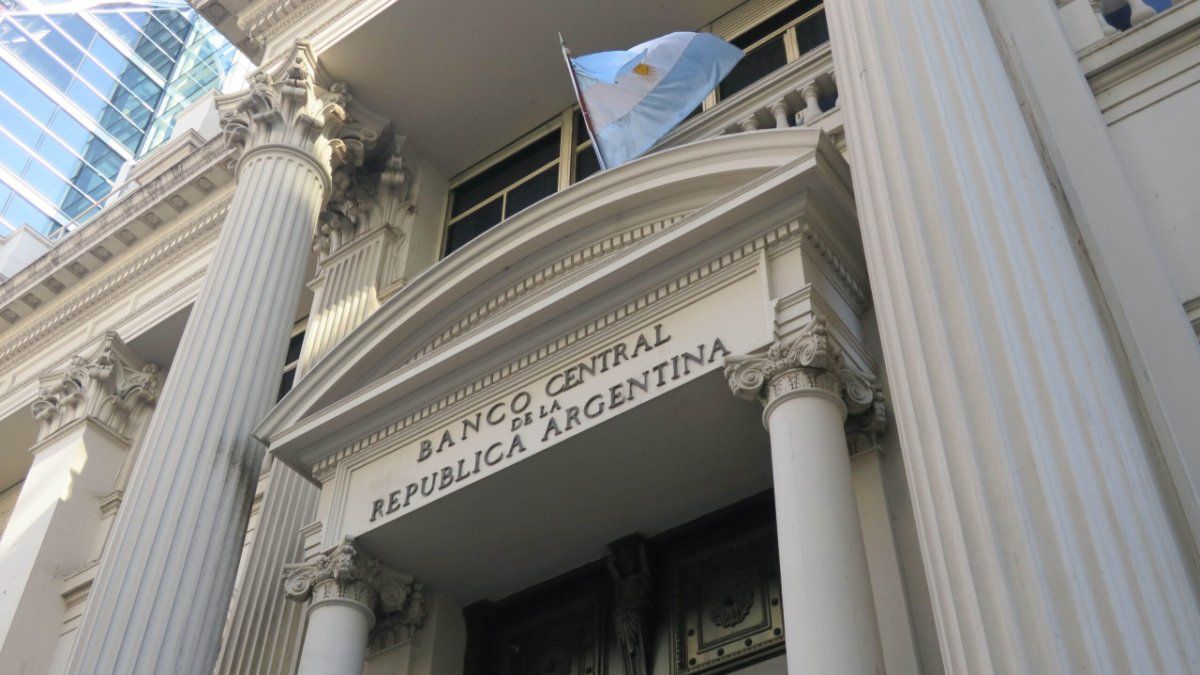The mountains of rubbish keep growing. Plastic waste that EU countries dispose of in Turkey is increasing. A Greenpeace report shows that the waste is already having an enormous impact on the environment and the country’s inhabitants.
The fact that plastic waste is shipped to other countries actually has a practical reason. Because recyclable plastic can be reused, converted into other products or broken down into raw materials. So the waste has a use. But beneath the vast amounts of plastic, there are tons of plastic that cannot be recycled.
Turkey the largest buyer of plastic waste
China therefore introduced an import ban on waste in 2018. States like Vietnam and Thailand followed suit. Turkey has now become the largest buyer of plastic waste. Between 2004 and 2020, the amount of plastic waste arriving from Europe increased 196-fold.
The companies there are overwhelmed with this flood of plastic. Greenpeace Turkey’s Nihan Temiz Ata states: “Most of the waste companies here have import licenses, but they import far more than they can process.” In addition, many types of plastic cannot be used at all because they are not recyclable.
Plastic waste in Turkish ports
Disposing of such waste to other countries is de facto forbidden. The “on the control of transboundary shipments of hazardous waste and their disposal” was already closed in 1995. More than 180 countries have now signed the agreement. A tightening of the May 2019 convention bans the export of non-recyclable waste. According to Greenpeace, the controls are obviously not strict enough.
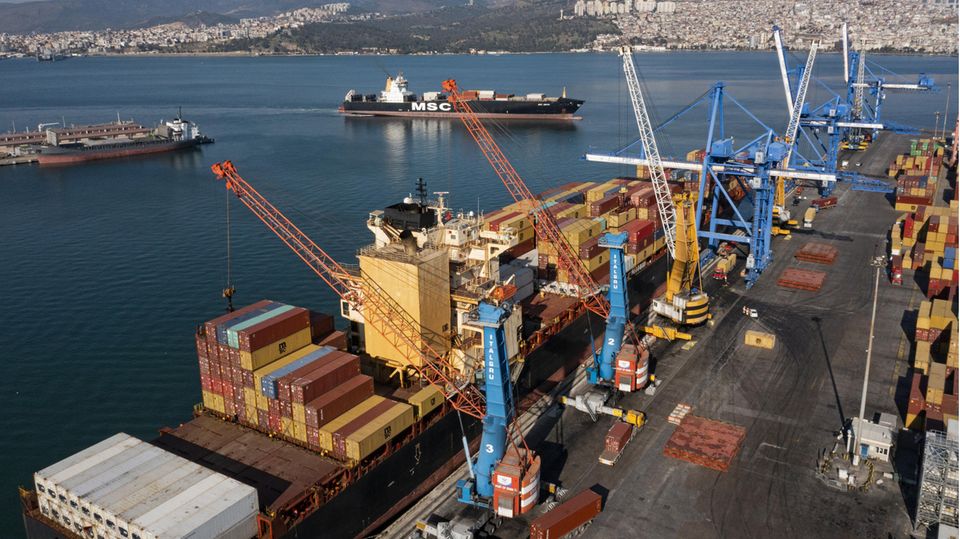
This is the only way to explain why 114 container loads full of plastic waste, which the Turkish authorities classify as illegal, could be disembarked from Germany last year. The waste is still stored in five Turkish ports. According to the authorities there, there is no support for the repatriation, neither from the export companies nor from the German authorities.
damage to the environment and health
Illegal landfill sites are already posing serious risks to the environment and people. This is shown by a study by Greenpeace, in which the experts analyzed soil, ash, water and sediment samples from five different locations in Adana province.
The result is clear: “A wide range of environmentally harmful and sometimes toxic chemicals was detected in the ash and soil samples from all five sampling locations,” says the environmental protection organization. These harmful substances are either already contained in the plastic or are produced when the waste is incinerated.
These include, for example, dioxins and furans, which can enter the human body through food or drinking water. The chemicals can cause skin lesions, damage the immune and endocrine systems, and promote tumor formation. Metals such as cadium and lead are no less harmful to health. The materials can accumulate in the body over a long period of time and attack the nervous system, bloodstream or kidneys, among other things. The metals are also considered carcinogenic.
Greenpeace: “Take responsibility for your own waste”
Sedat Gündoğdu from the University of Adana told Greenpeace that the adjacent bodies of water and fields are also polluted by plastic and the toxic smoke produced by incinerating waste. “The results are absolutely alarming,” summarizes Manfred Santen, Greenpeace chemical expert. “Germany must take responsibility for its own waste,” he demands.
“Your own rubbish” is around six million tons of plastic a year. Just 2.8 percent of this is recycled in such a way that the plastic can be used like new plastic. This emerges from the Heinrich Böll Foundation. The rest is burned for energy or exported.
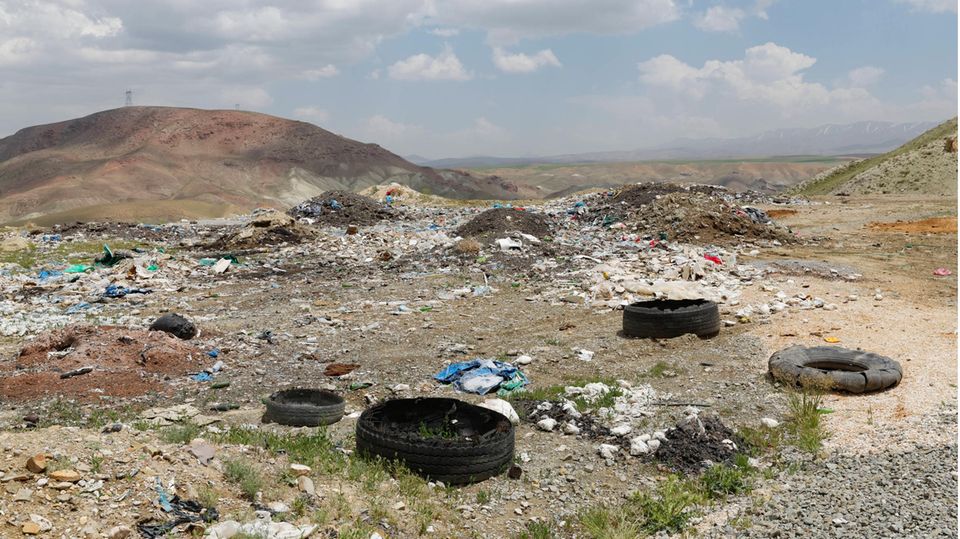
That has to change, the Greenpeace experts are demanding. The federal government should not only immediately retrieve the containers from the Turkish ports, but also completely ban the export of plastic waste.
On-site assistance is also needed. In order to compensate for the damage that has already been caused, the experts are appealing to the government to provide Turkey with financial support for the disposal of illegal waste and for the professional clean-up of the landfills.
Sources: , ,
Source: Stern
Jane Stock is a technology author, who has written for 24 Hours World. She writes about the latest in technology news and trends, and is always on the lookout for new and innovative ways to improve his audience’s experience.

